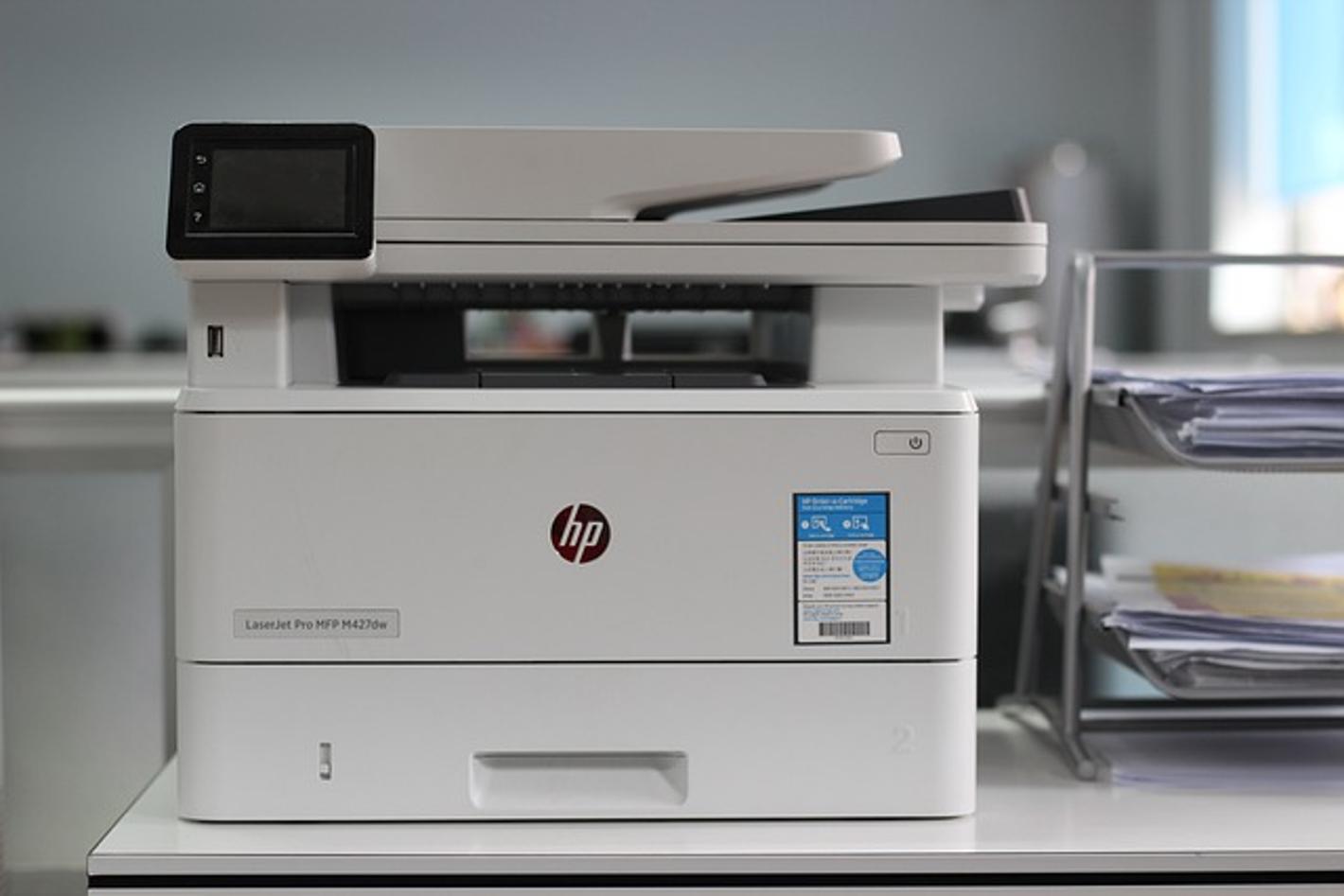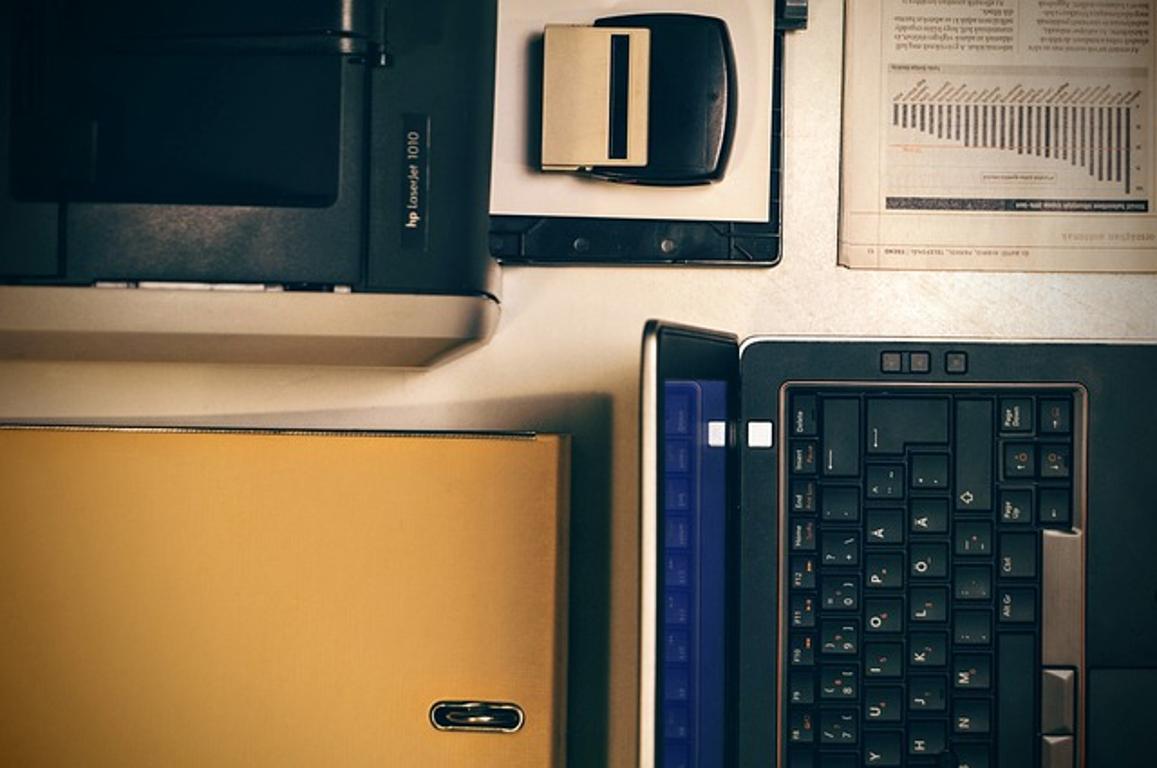How to Connect Canon Printer to Laptop: A Step-by-Step Guide for 2024
Introduction
Connecting your Canon printer to a laptop can seem daunting if you’re not tech-savvy, but this guide will demystify the process. Whether you're dealing with a new printer or moving an existing one to a different laptop, we’ll cover everything from initial setup to troubleshooting common issues. Following these steps will ensure your printer functions seamlessly, providing you with crisp prints for all your documents and photos.

Initial Setup
Before diving into connectivity methods, make sure your Canon printer is unboxed and plugged in. Position the printer near your laptop if you plan to use a USB or Ethernet connection, or within decent range of your Wi-Fi router for a wireless setup. Turn on the printer and ensure that it has paper and ink cartridges installed.
Failing to set up the printer correctly can lead to connectivity issues. By ensuring the initial setup is complete, you open up multiple connectivity options: USB, Wireless (Wi-Fi), or Ethernet.
Types of Connectivity
There are three primary ways to connect your Canon printer to your laptop: USB, Wireless (Wi-Fi), and Ethernet. Understanding their differences will help you choose the best option for your needs.
USB Connection
This is the most straightforward method, requiring just a USB cable to connect your laptop and printer. It's ideal for stable, one-on-one connections.
Wireless Connection (Wi-Fi)
For a clutter-free workspace, wireless connectivity is your best bet. This method integrates your printer into your home or office Wi-Fi network, allowing multiple devices to print wirelessly.
Ethernet Connection
An Ethernet connection offers the speed and reliability of a wired setup but allows the printer to be used by multiple devices within the same network. This setup is perfect for office environments.
Step-by-Step Guide to USB Connection
- Connect the USB Cable:
- Plug one end of the USB cable into your Canon printer.
-
Connect the other end to an available USB port on your laptop.
-
Power On:
-
Ensure both the printer and the laptop are powered on.
-
Install Drivers:
- Upon connection, most modern operating systems will automatically detect the device and prompt you to install the necessary drivers.
-
If the automatic installation doesn't occur, visit the Canon website, find the drivers for your printer model, and download and install them manually.
-
Printer Settings:
- Go to your laptop's 'Control Panel' or 'Settings' menu.
- Navigate to 'Devices and Printers' or 'Printers & scanners.'
-
Confirm that your Canon printer appears in the list of connected devices.
-
Print a Test Page:
- Once the printer is listed, right-click on it and select 'Print a test page' to ensure everything is working as expected.

Step-by-Step Guide to Wireless Connection
- Prepare the Printer:
-
Turn on your Canon printer. Use the built-in display (if available) to navigate to the Wi-Fi setup section.
-
Connect to Wi-Fi:
- Select your Wi-Fi network from the list displayed on the printer screen.
-
Enter the Wi-Fi password using the printer's keypad or touchscreen.
-
Install Software:
- On your laptop, download and install the Canon printer software from the official Canon website.
-
Open the software and choose the 'Wireless Setup' option.
-
Pair the Devices:
- The software will scan for available printers. Select your Canon printer from the list.
-
Follow the prompts to complete the pairing process.
-
Add Printer:
- Go to your laptop's 'Control Panel' or 'Settings.'
- Select 'Add a printer' under 'Devices and Printers' or 'Printers & scanners.'
-
Your Canon printer should appear as a wireless device. Add it to your device list.
-
Print a Test Page:
- Confirm the connection by printing a test page from the newly added wireless printer.

Step-by-Step Guide to Ethernet Connection
- Connect Ethernet Cable:
-
Plug one end of the Ethernet cable into the printer and the other end into the router or Ethernet wall jack.
-
Power On:
-
Turn on the printer and ensure it’s correctly connected to the network.
-
Find IP Address:
-
Use the printer’s control panel to find its assigned IP address (usually located in the settings menu).
-
Install Drivers and Software:
- On your laptop, download and install the Canon printer software from the official Canon website.
-
Open the software and select the Ethernet connection option.
-
Add Printer:
- Go to your laptop’s settings to add the printer via its IP address.
-
Add the printer using 'Add a printer' and select 'Add a network printer.'
-
Print a Test Page:
- Ensure the setup is complete by printing a test page via the Ethernet-connected printer.
Troubleshooting Common Issues
Even after following the steps, you may face issues such as the printer not being recognized, poor Wi-Fi signals, or outdated drivers. Start by rebooting both devices and checking connections. If the problem persists, consider reinstalling the drivers or updating the printer firmware from the Canon website.
Ensuring a stable connection is crucial for unhindered printing. Rebooting devices, ensuring up-to-date drivers, and securing all connections can solve most common problems.
Additional Tips and Tricks
- Keep Drivers Updated: Regularly check for software updates for both your printer and laptop.
- Use Quality Cables: Utilize high-quality USB or Ethernet cables to avoid connectivity problems.
- Optimal Wi-Fi Placement: Position your printer and router to minimize obstacles affecting the signal.
Conclusion
Connecting a Canon printer to your laptop doesn’t have to be challenging. With the right preparation and following these step-by-step methods, you can ensure a seamless setup, whether you choose USB, Wi-Fi, or Ethernet. Now, you can enjoy smooth and easy printing operations. Regular maintenance and troubleshooting will keep your devices running efficiently, ensuring quality prints every time.
Frequently Asked Questions
How can I connect my Canon printer to my laptop without a USB cable?
You can connect your Canon printer wirelessly (via Wi-Fi) or through an Ethernet cable. Follow the instructions under the Wireless Connection and Ethernet Connection sections above.
Why is my Canon printer not showing up on my laptop?
Ensure both devices are on the same network, drivers are updated, and cables are securely connected. Restart both the printer and laptop if needed.
How do I update my Canon printer drivers?
Visit the Canon official website, locate your printer model, and download the latest drivers. Follow the installation instructions provided.



